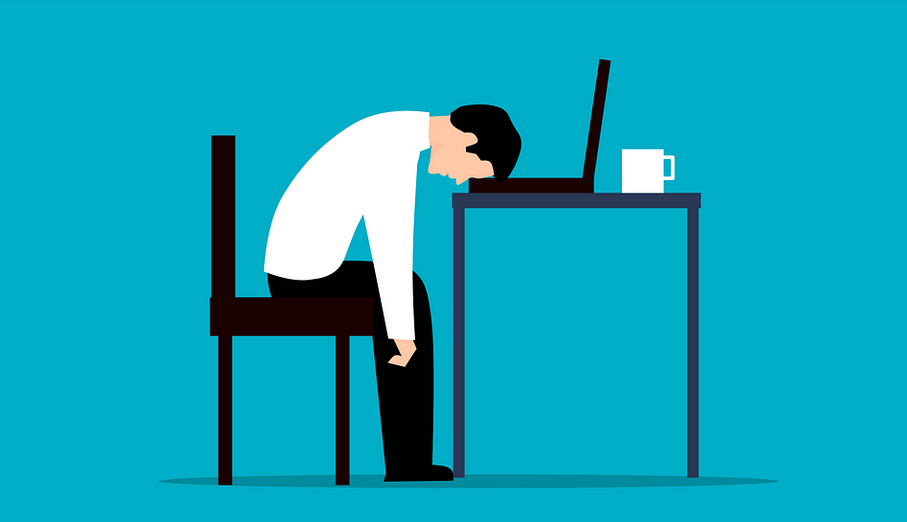Nothing is more frustrating than realizing you’ve spent extra money that you could have saved. Here are seven common financial mistakes that many people make, and steps you can take to fix them.
1. Paying for Reoccurring Fees and Expenses
Many services, memberships, and even “free trials” ask for your credit card or bank account information with plans to charge a fee every month, regardless of whether or not you actually use the service. All it takes is a few of these automatic monthly charges to suddenly be spending tens or even hundreds extra. To reduce these automatic fees, take a look at your bank and credit card statements and see which expenses you can stop or cancel. Some memberships can be put on hold, so that you spend less each month, with the option to resume your membership once you need it again. And if you sign up for a free trial, be sure to put a reminder on your calendar to remove your payment information and cancel your subscription before the trial expires. There are even websites and companies that can help you track your unwanted subscriptions and cancel them for you. Putting a stop to these automatic monthly charges will open up your budget to save or spend in a more responsible way.
2. Waiting for your Appliances to Break
Appliances are often the most valuable objects in your home. How much would it cost if you suddenly needed to repair or replace your refrigerator, air conditioner, home water heater, or any number of other necessary appliances? This could easily turn into an expense that costs hundreds or even thousands of dollars. Getting a home warranty helps to cover the cost if something in your house breaks down. Using your warranty to save on repairs and replacements can help save money and avoid large, unexpected expenses.
3. Racking Up Credit Card Debt
If you use your credit card regularly, but only make the minimum payment each month, you could be racking up credit card debt. This means that you’ll end up paying extra on interest and will end up spending more on your purchases. Instead, treat your credit card like a debit card and pay off the balance regularly, before interest is added to your account. If you can’t afford to pay the balance of a purchase, you should reconsider whether or not it’s a necessary expense. Making regular payments and keeping your balance low also has the added benefit of improving your credit score. If you’ve already accumulated lots of credit card debt, it’s not too late to start spending wisely! You can also consider if debt relief (such as settlement, credit counseling, or debt consolidation using a home equity loan or refinance) is right for you.
4. Not Taking Advantage of Special Credit Card Deals
While it’s important to be cautious with your credit card spending habits, it can also be useful to take advantage of the deals and promotions offered by credit card companies. This includes cashback, which returns a portion of each purchase to you in the form of reward points. These points can be used to lower your card balance, turned into cash to be deposited into your bank account, or spent on approved products and services. Some credit cards also offer insurance on rental cars, as long as the card is used to book the rental. (Be sure to check if your card offers this, and waive the rental company’s insurance if so!) Many customers can be tricked into paying unnecessarily for rental car insurance when their card already offers insurance. Contact your credit card company to learn what rewards program you’re eligible for, or compare different companies to find a card that meets your needs.
5. Spending a lot on a New Car
Buying a car is normally a big expense, which can be troubling from a financial aspect, since they are depreciating assets. In other words, they almost always lose value the longer you have them, meaning when it’s time to sell, you’ll often sell it for less than what you spent to buy it. If you take out a loan to buy your car, you’ll also be paying even more in the form of interest. Try to avoid spending a lot of money on new models, luxury brands, or unnecessary features. Instead, consider what you absolutely need in a car, look at used cars or more affordable models, and don’t be afraid to shop around for the best price.
6. Putting Off Saving for Retirement
It may seem like years and years before you’ll consider retirement, but time has a habit of passing quicker than you expect! It’s important to start saving for retirement as soon as possible, as it will be easier to build up your retirement funds that way. Starting earlier also allows you to be more aggressive with your retirement accounts by putting money in stocks, which can have a higher rate of return. As retirement gets closer, you may want to focus more on bonds, which often have a lower rate of return but are considered to be more stable. Of course, you should consult a financial advisor when determining the best way to save for your retirement, but the most important thing is that you have some type of retirement account that you’re contributing to regularly.
7. Not Refinancing Your Mortgage While Rates are Low
Mortgage rates have been historically low, but every day there’s a chance they could increase. Refinancing to lower your interest rate or reduce your term can help you save money each month and even pay off your loan faster. This could mean hundreds or even thousands of extra dollars in your pocket over the life of your mortgage. If you’re considering refinancing, start shopping for mortgage rates today and see what you qualify for. Be sure to compare lenders in order to find the rate that works best for you.






















